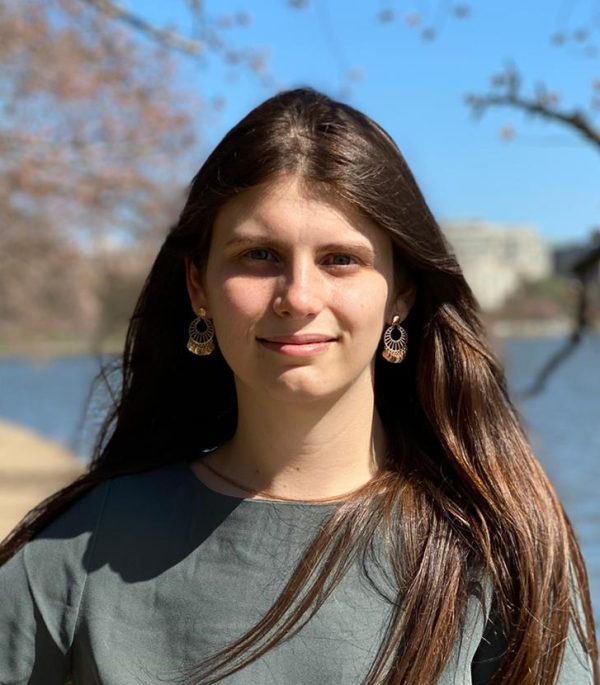
On Syria, Congress Asks the Wrong Questions
Last week, the Senate voted 84-13 to reject a resolution that would have required the U.S. to pull troops from northern Syria. The vote was the most recent of multiple unsuccessful Congressional efforts to force a withdrawal. In March of this year, a similar resolution introduced in the House by Rep. Matt Gaetz failed 321-103.
Underlying the debate is one major problem: the U.S. does not have a long-term political strategy for northern Syria. Neither the strongest proponents of staying nor the strongest proponents of leaving have put one forward and explained how their position on the military presence will advance it.
That’s because of a failure of imagination and political will when it comes to the Turkish-Kurdish conflict. Because of its inability to resolve its own domestic Kurdish issue, Turkey views any form of Kurdish autonomy and political rights in Syria as an existential threat.
As a result, the most significant threat to stability and security in northern Syria is the prospect of a Turkish ground invasion and occupation of territory now held by the Syrian Democratic Forces (SDF). An overnight U.S. withdrawal would all but certainly precipitate an immediate attack. Even with a continued U.S. military presence, the threat of a Turkish invasion is not off the table—and Turkey appears to have a U.S. green light to attempt to degrade the SDF by all means short of a ground operation in the interim.
We can extrapolate from Turkey’s two previous invasions of northern Syria what a third and final one would look like—the displacement of millions of people; Turkey’s U.S.-origin F-16s bombing civilians and civilian infrastructure; militia abuses against ethnic and religious minorities and women; and a new lease on life for ISIS and al-Qaeda. The SDF would fight back and would likely be capable of mounting a significant insurgency in areas Turkey would seek to occupy. Instability could spill into Turkey and Iraq depending on whether and how the Kurdistan Workers’ Party (PKK) chooses to respond. At home and abroad, the U.S. will be perceived as an enabler of civilian harm and chaos. There would be no winners on any side.
The only way to prevent this is some sort of return to a negotiated settlement between Turkey and the Kurdish movement. The U.S. appears to have made some efforts to do this earlier this year (and potentially before)—but those efforts haven’t gone far enough, largely because of a failure to effectively pressure or incentivize Turkey to change its behavior.
While Washington either fails or refuses advance the kind of political solution that could prevent a worst-case outcome, ISIS, Iran, Russia, and other actors are using the ‘frozen conflict’ the U.S. has created to push their own objectives.
There’s still no long-term plan to deal with the tens of thousands of ISIS fighters and their relatives held in northeast Syria and the question of justice for ISIS crimes. The jihadist group appears to be biding its time waiting for the SDF’s enemies to make escape and reconstitution possible. Ankara and Tehran have both stepped up the pressure on the SDF and the Autonomous Administration of North and East Syria, aiming to collapse the project in the long term and assert their own respective hegemonies in the region. The uncertainty and security chaos created by Turkish airstrikes and the looming threat of a ground war creates bad economic and social conditions in which ISIS and Iran-backed militias thrive.
Neither pulling troops overnight on Turkey’s behalf nor indefinitely freezing a forever war is a meaningful solution to any of these challenges. Policymakers must think about how to use existing leverage to make a deal that ends the current conflict in northeast Syria and prevents the next one—winding down today’s military intervention and ensuring further intervention is not needed tomorrow. That means creative approaches to getting to a Turkey-PKK ceasefire, a resumption of the negotiations between Turkey and various Kurdish interlocutors that were ongoing during the last peace process, and ultimately, a just and democratic political solution to the Kurdish question based on civil and political rights for Kurdish communities in Syria, Turkey, and elsewhere.
(Photo: DELIL SOULEIMAN/AFP via Getty Images)


